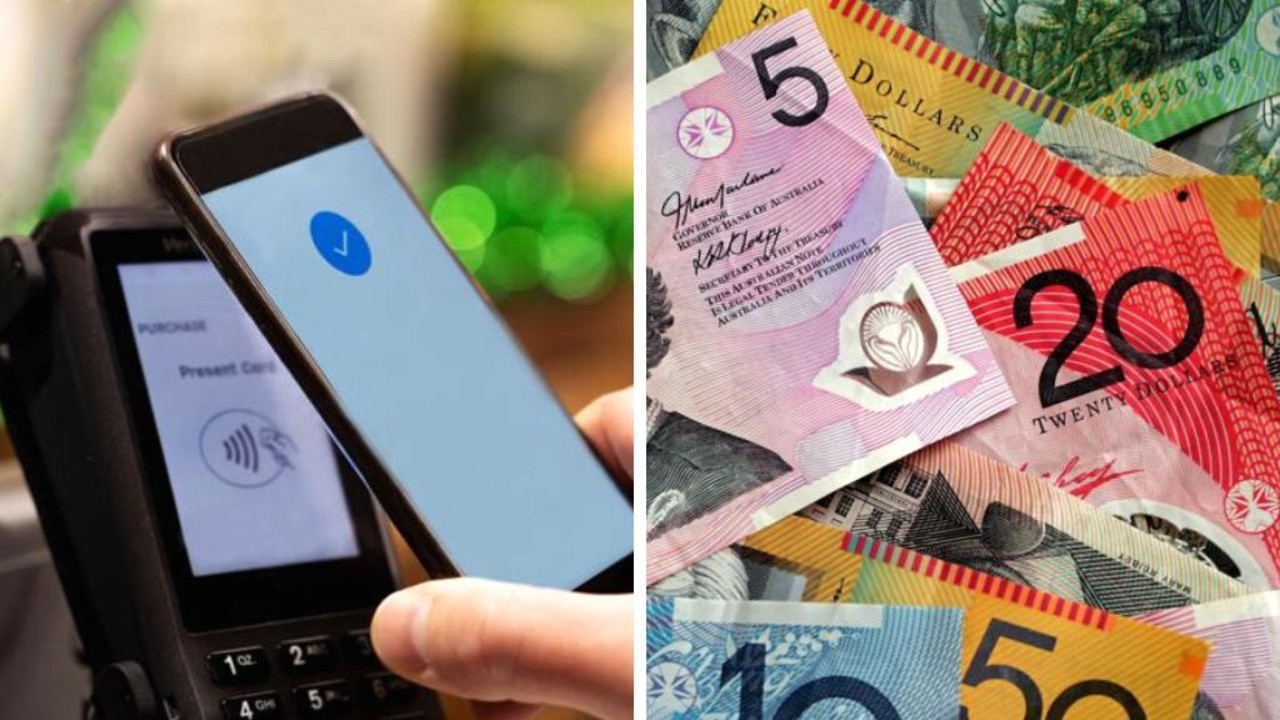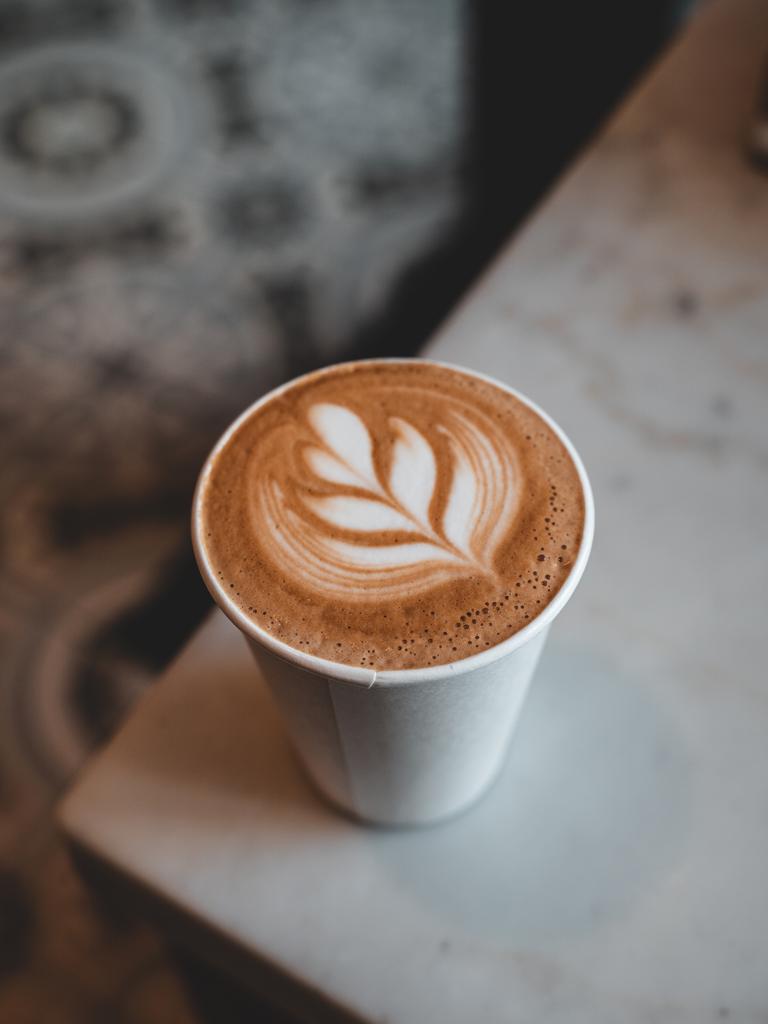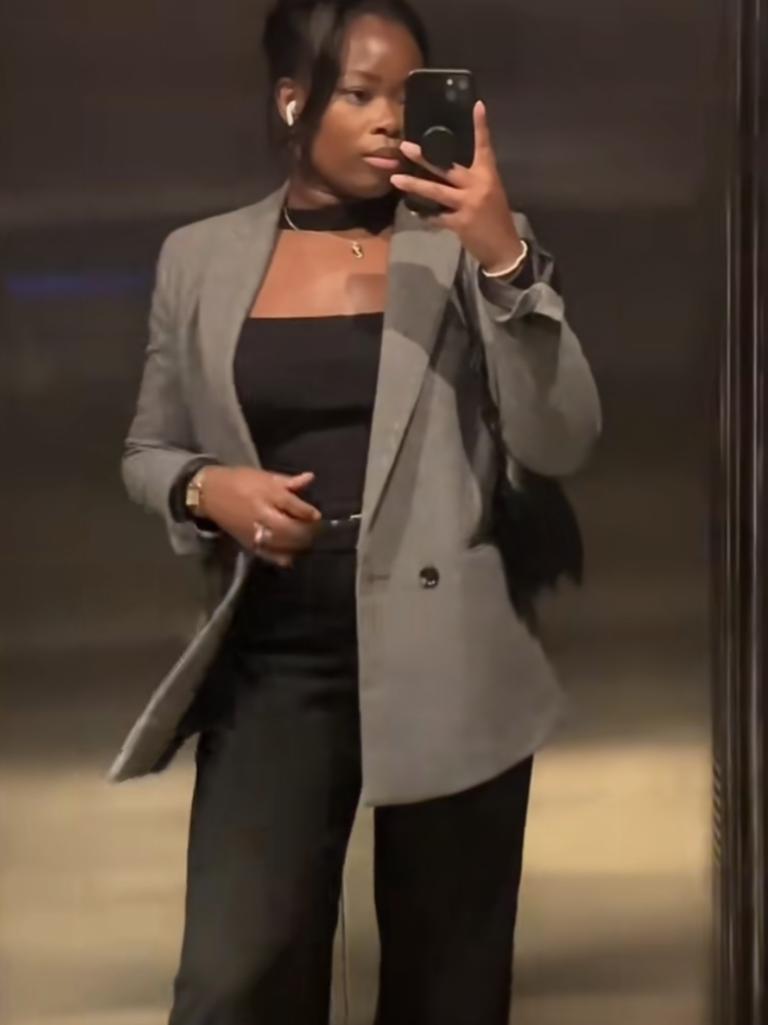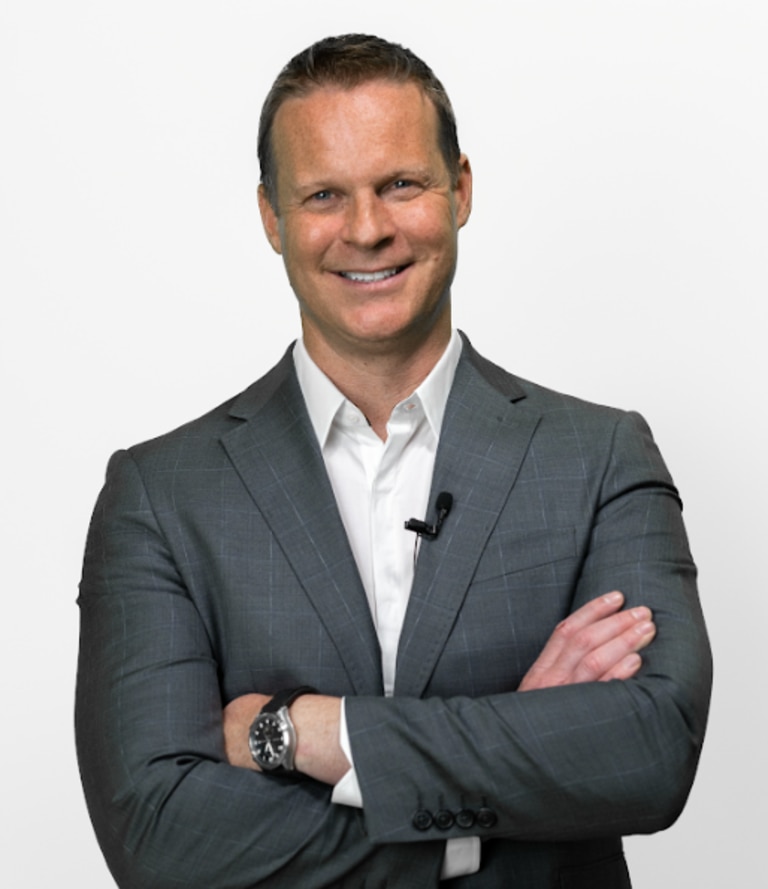Gen Z are taking a ‘soft’ approach to money but there could be major consequences
There’s one generation of Aussies that could be working well into their 80s after following a ‘soft’ money trend and making a $270,000 mistake.

Generation Z are taking a soft approach to saving money, but will it cost them?
It is no secret that Generation Z has rolled their eyes at Millennials’ approach to cash.
They aren’t interested in the hustle and grind mentality championed by fictional characters like Elle Woods in Legally Blonde and cemented in the culture by Cuba Gooding Junior shouting “show me the money” in Jerry McGuire, which turned into a financial war cry for Millennials.
They aren’t worshipping billionaires like Elon Musk or Jeff Bezos. Nope, those are the kind of people they make fun of.
They’ve done a complete 360 and, instead of trying hard to secure wealth, they’ve started embracing living a softer life that is about making choices that make your life easier.
The ‘soft saving’ method, much like the soft launch of a relationship on Instagram, it is about not going in hard.
The method is led, not by your bank balance, but focuses on your personal growth and mental health. So, if you think a $6 coffee a day makes you happy, you need to keep spending that money and you shouldn’t be shamed for it.


Soft saving means that you are still saving, but without so much sacrifice. It is about using money to focus on the present and not focus as much on the future.
Hosanna Hali, a TikTok creator who often offers work and financial advice, shared that soft saving is about designing a budget that makes you feel good. Yep, the way you handle your cash should be a dopamine hit.
She said that you should be budgeting to ensure you can afford things you enjoy and that bring joy.
“It is picking an activity that you know makes you feel so much better about yourself and having a monetary value attached to it,” she explained.


Once you budget for that thing in mind, which could be something as small as setting aside $30 to get your nails done, then you should have money set aside to do that thing every month.
Financial adviser Alex Jamieson said that soft saving is a “dangerous” idea that could impact Generation Z.
“It is a $270,000 decision,” he told news.com.au.
Mr Jamieson believes that if you focus on hard savings in your 20s, you should be able to buy a property for around $500,000 by the time you hit your 30s, and it should increase at least 4 per cent over ten years resulting in a profit of roughly $270,000.
Jamieson points out that you are in a peak cash flow time in your twenties. You typically don’t have a family to support or a mortgage to service, so you are in a prime saving time.
“As you progress through life, your cash flow gets restrained. I think you have to be kind to the future yourself,” he advised.


Mr Jamieson said you should make decisions remembering that what you do today could put stress on yourself in the future.
“I’m not saying don’t spend anything and don’t go out, but it’s just getting that balance and being kind to your future self,” he said.
Starting poor saving habits as a young person can become a hard habit to break, in fact, Jamieson compared it to “smoking” where once you start, it can be difficult to kick.
It also is a decision that Mr Jamieson worries will keep Gen Zers in the workforce for far longer then they’d like.
“Life expectancy is pushing out – I wouldn’t be surprised with self-savings if they can’t retire until they are in their eighties.”
According to Finder’s Consumer Sentiment Tracker, only 62 per cent of Gen Zers could live off their savings for up to a month.
Sarah Megginson, money expert at Finder said that Gen Z aren’t interested in saving money like their parents and grandparents did.
“It’s always been the case that younger generations tend to spend their money rather than save, but Gen Z is perhaps living the YOLO life more deeply than their parents and grandparents did when they were younger,” she told news.com.au.
Ms Megginson said that can be largely attributed to the fact that they have proudly and loudly rejected hustle culture.
“It used to be a badge of honour to work long hours and commit to the grind to get ahead financially. Now, priorities are changing and younger workers are putting their mental wellbeing first, refusing to work themselves to the bone,” she explained.






